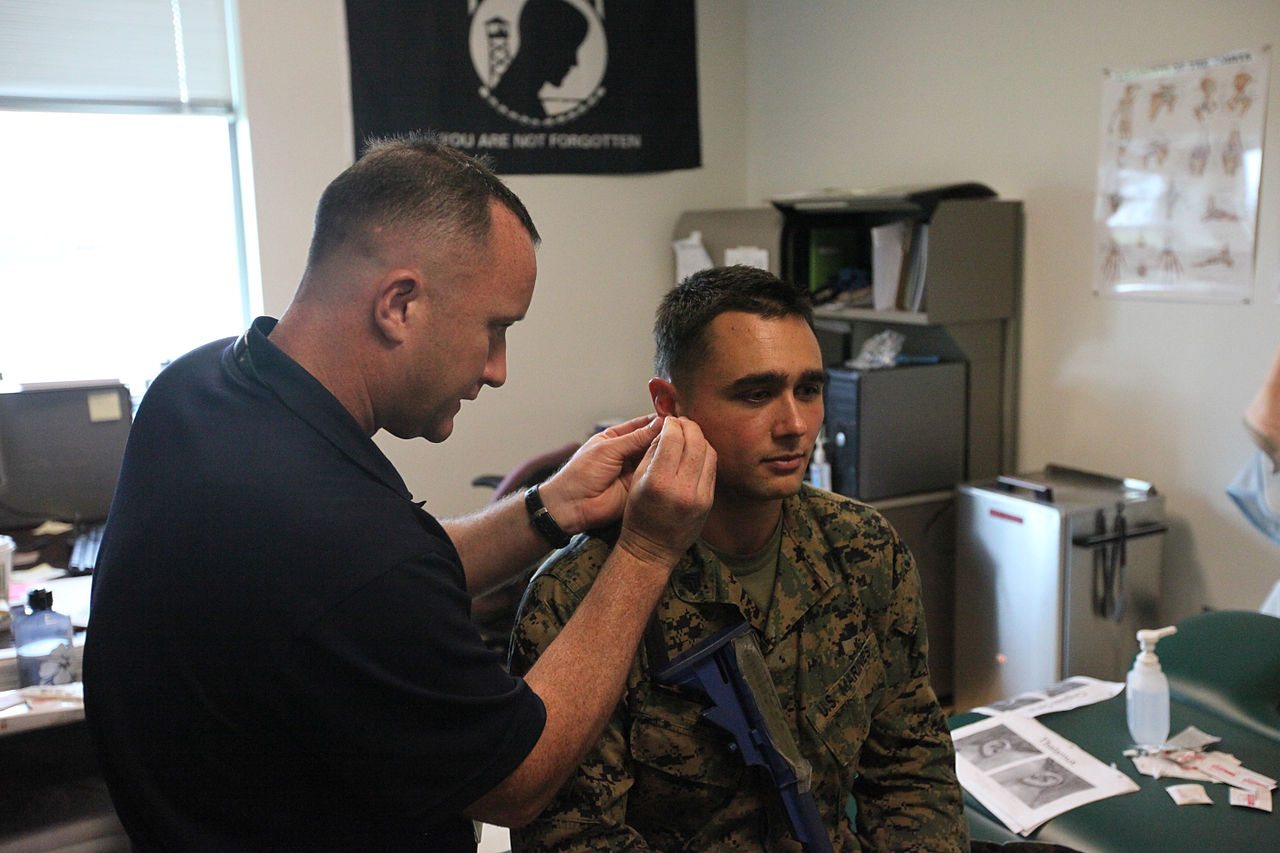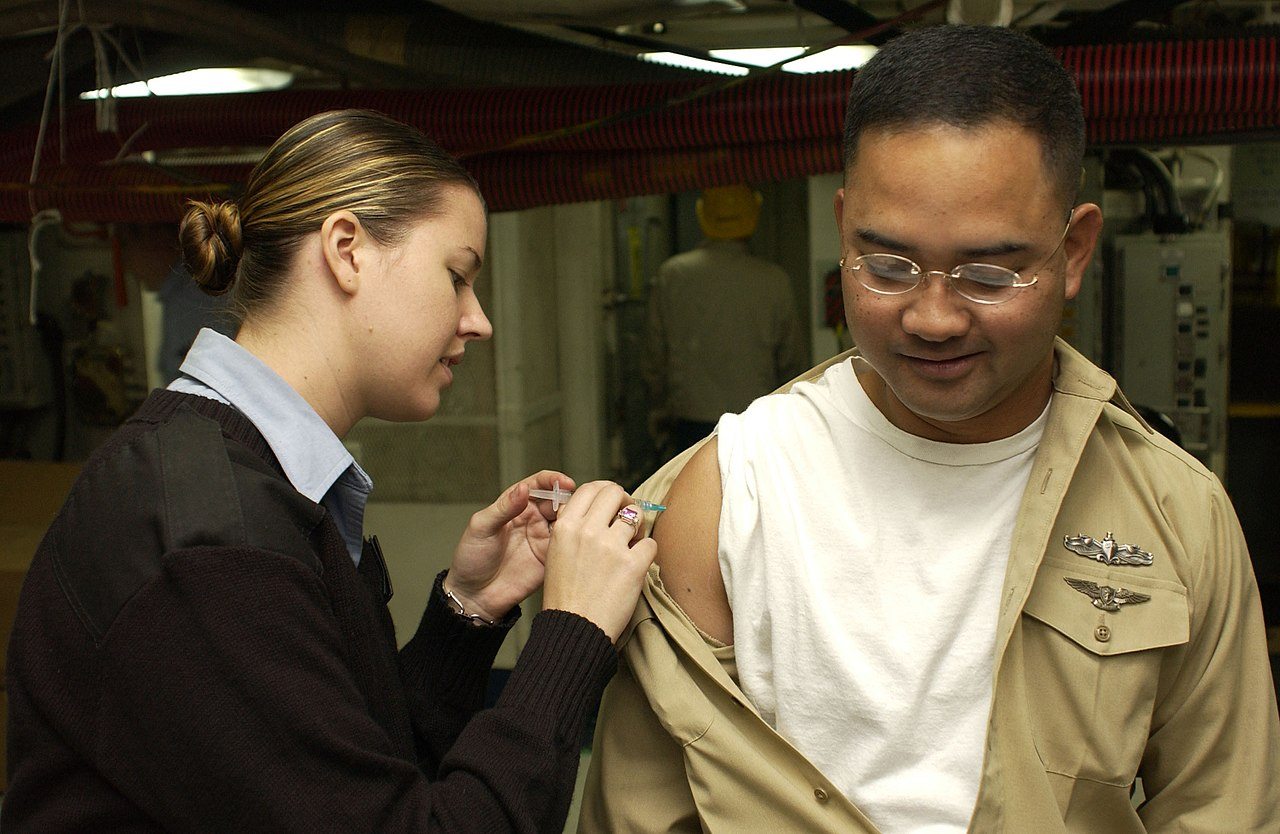Results for: clinical trials
The New England Journal of Medicine Sinks a Bit Lower
I suppose it was bound to happen, but it still rankles. Here is the back cover of last week’s issue of the decreasingly prestigious New England Journal of Medicine: Here’s the front cover: It’s the 200th Anniversary issue, no less. Some might protest that ‘probiotics’—live bacteria of ‘good’ varieties, as far as the gut is concerned—aren’t all that implausible, and that...

Acupuncture, the Navy, and Faulty Thinking
A Navy neurologist, Capt. Elwood Hopkins, has posted a 3-part article on “The Power of Acupuncture” on Navy Medicine Live, the official blog of Navy and Marine Corps Health Care. It can serve as a useful lesson in how not to think about medicine. It is a prime example of how an intelligent, educated doctor can be fooled and can fool himself...
Hypothyroidism: The facts, the controversies, and the pseudoscience
As glands go, we don’t give the butterfly-shaped thyroid that straddles our trachea too much thought — until it stops working properly. The thyroid is a bit like your home’s thermostat: turn it high, and you’re hyperthyroid: heat intolerant, a high heart rate, and maybe some diarrhea. Turn it down, and you’re hypothyroid: cold, tired, constipated, and possibly even depressed. Both conditions...
Michael Specter on the Placebo Effect
Michael Specter is a good science journalist. I particularly enjoyed his book, Denialism. In a recent New Yorker article he tackles the difficult question of the placebo effect in modern medicine. While he does a fair job of hitting upon the key points of this question, I think he missed some important aspects of this question and allowed the views of Ted...
November Hodgepodge
There have not been a lot of topics of late that warrant extensive analysis and discussion. But there are a number of little topics of interest, each worthy of a few paragraphs of discussion, archetypes of issues in medicine, science based and otherwise. Xigirs. No, it is not whale vomit, but close. Last month Xigris was pulled from the market by Lilly. ...

Dummy Medicine, Dummy Doctors, and a Dummy Degree, Part 2.3: Harvard Medical School and the Curious Case of Ted Kaptchuk, OMD (concluded)
A Loose End In the last post I wondered if Ted Kaptchuk, when he wrote the article titled “Effect of interpretive bias on clinical research,” had understood this implication of Bayes’s Theorem: that interpretations of most scientific investigations are exercises in inverse probability, and thus cannot logically be done without consideration of knowledge external to the investigation in question. I argued that...

Random Flu Thoughts
Influenza is a serious disease (not an upset tummy). The vaccine is an imperfect, yet still valuable tool in preventing deaths due to influenza. Get your 'flu shot!
Steven Fowkes (Part 2 of 2): Nutrients for Better Mental Performance
Last week, in part 1, I covered Steven Fowkes’ “cures” for Alzheimer’s and herpes. In part 2, I will cover a video where he goes further afield. It is titled “Nutrients for Better Mental Performance,” but he also discusses sleep, depression, hangovers, and a lot of other topics. Some of what he says are simple truisms: mental performance is affected by everything...
Constipation Myths and Facts
When it comes to health issues, bowels are big business. Bowel movements are part of everyday life, and we notice immediately when our routine changes. Constipation, from the Latin word constipare (“to crowd together”) is something almost everyone has some experience with. In most cases, it’s an occasional annoyance that resolves quickly. For others, particularly the elderly, constipation can be a chronic...
The Cure
Legislative Alchemy In Legislative Alchemy I: Naturopathy, II: Chiropractic and III: Acupuncture, we learned how state legislatures transform scientifically implausible and unproven diagnostic methods and treatments into legal health care practices. Examples typical of the sheer nonsense found in both proposed and actual legislation include: Naturopathic health care [is] a system of health care practices for the prevention, diagnosis, evaluation and treatment...

